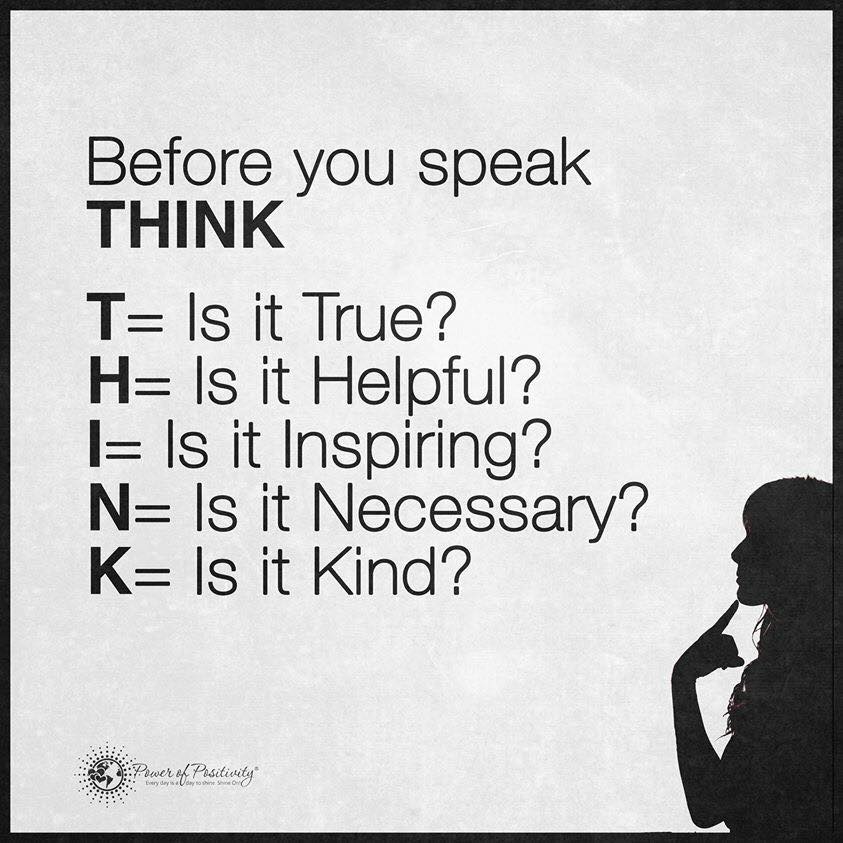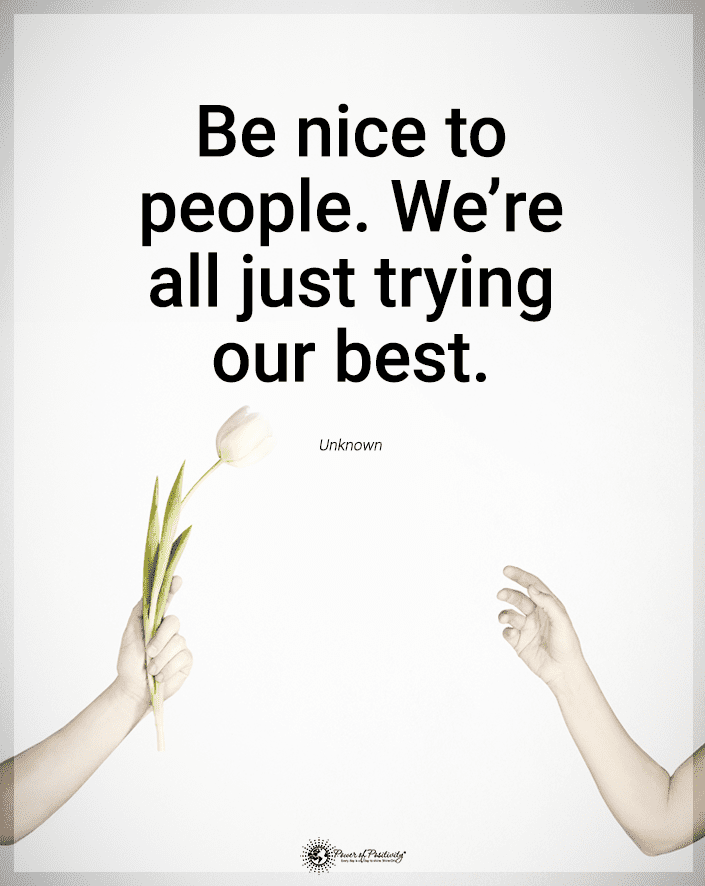Sadly, our culture today seems totally infatuated by how someone looks, or even doesn’t look. If you log on to any social media outlet, you’ll likely come across cruel comments that bash someone based on their outward appearance. If the comments are directed towards someone’s weight, it’s known as bodyshaming. This is an all-too-common practice in modern society. People get brave behind a keyboard, because they don’t have to look at the person in the eye. They’re protected by the veil of anonymity. However, this doesn’t mean that the comments don’t have an effect on the person they’re directed toward.
Because there is no face-to-face encounter, people often forget that there is a real, live human being looking at these comments, having to deal with the painful sting that bullying leaves behind.
However, Sarah Hyland from ‘Modern Family’ put an end to the comments people left about her being “too skinny” by being totally open and honest about her health struggles in the past year.
Sarah’s Story
Sarah Hyland is an American actress best known for her role as Haley Dunphy on the ABC sitcom Modern Family. She’s received many nominations and accolades for her performance in the show, such as sharing four Screen Actors Guild Award for Outstanding Performance by an Ensemble in a Comedy Series with her cast members and earning a Critics’ Choice Television Award nomination of Best Supporting Actress in a Comedy Series.
She’s appeared in many other movies, shows, and even a Broadway play and commercials, but her role on Modern Family has been the highlight of her career thus far.
She was diagnosed with kidney dysplasia as a child and received a kidney transplant in April 2012. Unfortunately, she’s had to deal with health problems in the past year or so of her life, which have driven her to bedrest for months at a time. As you might expect from someone on bedrest, she lost a lot of weight, and is currently trying to gain some back. No one should have to put up with bodyshamers, but when they began to attack Sarah’s appearance, she had an amazing comeback to silence them.
‘Modern Family’ Star Sarah Hyland Has The Best Comeback To Bodyshamers With Emotional Must-Read Message
Taken from her Twitter account, this is Sarah’s emotional message to her “haters”:

https://twitter.com/Sarah_Hyland/status/867476483505176576

https://twitter.com/Sarah_Hyland/status/867476483505176576

https://twitter.com/Sarah_Hyland/status/867476483505176576

https://twitter.com/Sarah_Hyland/status/867476483505176576

https://twitter.com/Sarah_Hyland/status/867476483505176576

https://twitter.com/Sarah_Hyland/status/867476483505176576

https://twitter.com/Sarah_Hyland/status/867476483505176576

https://twitter.com/Sarah_Hyland/status/867476483505176576
You tell em, Sarah. If you’ve ever been the victim of bodyshaming, just remember that people’s words can’t hurt you unless you allow them to. Like Sarah said, don’t allow people’s often tactless words to change the outlook you have on yourself. After all, only your opinion of yourself matters at the end of the day.
On the other side of the coin, if you have ever put someone down because of their weight, remember that your words DO affect people, even if you can’t see their reactions personally. There’s never any good reason to shame someone because of their appearance. Period.
Body shaming can happen to anyone, whether you’re in the public eye or not. If you notice people bullying someone due to their weight (or any reason), stand up for them. Why? Because you would want them to do the same for you.
We should not tolerate bullying any longer, because it can have serious consequences on the victims, including suicide.
If we all lifted one another up and supported each other, imagine how different the world could be, whether we’re trying to lose, gain, or maintain weight.









